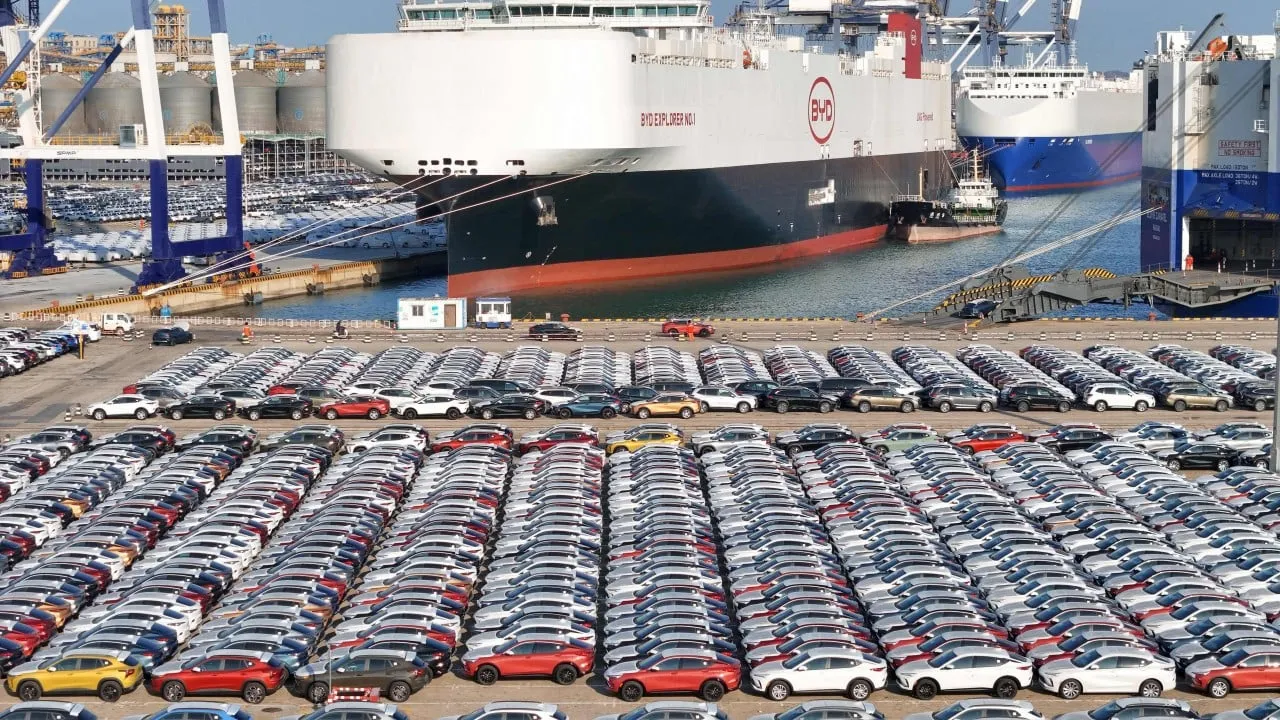Electric Vehicles Tariffs: EU's Bold Move Against Chinese Imports

Electric Vehicles Tariffs Signify Tension in EU-China Trade Relations
Electric vehicles tariffs introduced by the European Union represent a critical juncture in the ongoing trade dispute with China. Following a confidential vote on Friday among the bloc's 27 member states, punitive tariffs will be implemented by October 31. This action comes after an anti-subsidy investigation that found Chinese-made EVs disrupting the European market.
Support for Tariffs from European Leadership
European Commission chief Ursula von der Leyen, backed by France, has championed this crackdown on what she described as a “flood” of subsidized EVs from China. The tariffs, ranging from 7.8% for Tesla to as much as 35.5% for state-owned SAIC Motor, are a response to the Chinese government's backing of its automotive sector. BYD and Geely face tariffs of 17% and 18.8%, respectively, in addition to the base rate of 10% on all EVs from China.
Implications for Future Trade and Negotiations
This vote marks a significant turning point in EU-China relations, as it may potentially lead to a trade war. Talks for a negotiated resolution will persist, but previous negotiations have yielded no settlement. While Chinese companies have suggested a minimum price for imports, the EU is unconvinced that such offers would adequately address the impact of tariffs.
This article was prepared using information from open sources in accordance with the principles of Ethical Policy. The editorial team is not responsible for absolute accuracy, as it relies on data from the sources referenced.